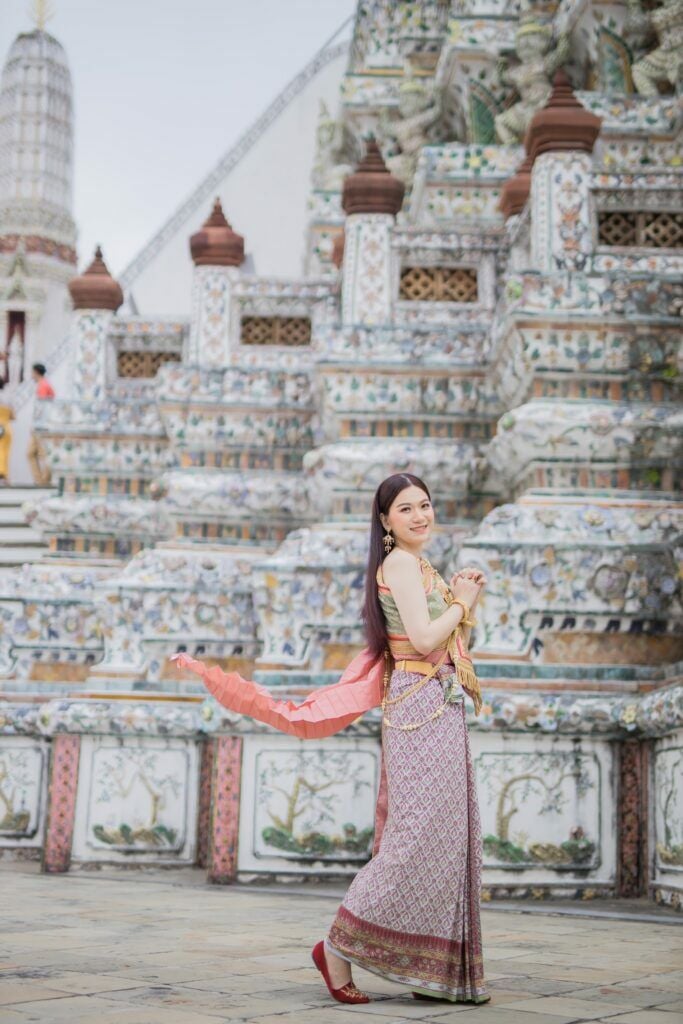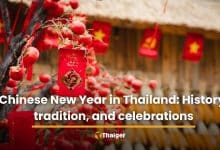Thai traditional dress set to be listed on UNESCO

The Ministry of Culture is gearing up to propose the inclusion of Thai traditional dress in UNESCO‘s prestigious intangible cultural heritage listings.
The visionary behind this move is none other than Kowit Pakamart, the director-general of the Department of Cultural Promotion.
To pave the way for this historic proposal, the department recently orchestrated a vibrant brainstorming session at the Thailand Cultural Centre. Here, key players involved in a project dedicated to compiling information on Thai traditional costumes gathered to shape the narrative of Thailand’s rich cultural tapestry.
Kowit, the driving force behind this initiative, passionately expressed the unparalleled uniqueness of Thai traditional dresses. He highlighted their distinctive designs and materials, showcasing an unparalleled craftsmanship that mirrors the diverse regions of the nation.
“Unlike other nations, our traditional dresses narrate a story that transcends time.”
For women, the spectrum of Thai traditional dresses boasts an impressive eight major types. Queen Sirikit The Queen Mother, a pioneer in preserving Thai cultural heritage, led research into the dresses worn by Thai women across different eras. These dresses were meticulously designed for her royal journeys alongside the late King Bhumibol Adulyadej, over six decades ago.
On the male front, there are three significant types of traditional outfits designed for various occasions, offering a glimpse into the sartorial richness of Thai culture.
Traditional dress is national pride
Director-General Kowit emphasised that donning Thai traditional dress is not merely a fashion choice but a social norm deeply embedded in Thai society. It serves as a powerful expression of pride in traditions and culture, acting as a living testament to the nation’s heritage, reported Bangkok Post.
To fortify the proposal, the Thai Khadee Research Institute at Thammasat University is taking the lead. Associate Professor Saowatharn Phoklad, the institute’s director, revealed that they have garnered support from the Department of Cultural Promotion to compile an extensive database on Thai traditional dresses. Their dedicated study team is actively collecting information and engaging with individuals who have inherited traditions associated with cultural heritage.
This cultural momentum follows UNESCO’s recent nod to the Thai water festival of Songkran, adding it to the illustrious intangible cultural heritage list earlier this month. As Thailand gears up for another UNESCO accolade, the world eagerly anticipates the global recognition of Thai traditional dress as an invaluable contribution to humanity’s shared cultural tapestry.
Latest Thailand News
Follow The Thaiger on Google News:


























